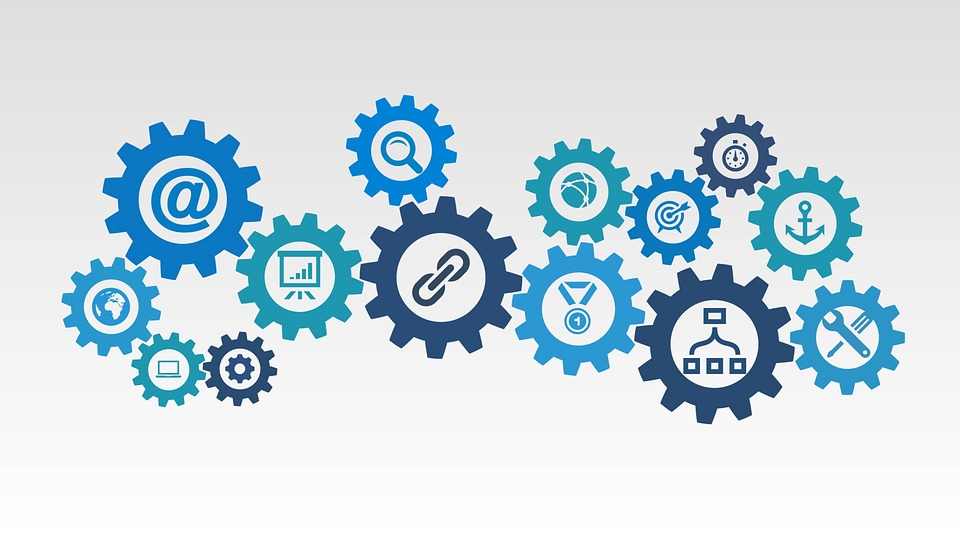“When you think of money, what do you instantly think?”, I asked the audience.
Looking out into the sea of people I found their responses weren’t uncommon.
“Money doesn’t grow on trees“, One woman answered.
“Money is scarce. Save it.” Another one shouted out.
“My family never talked about money and we were well off“, Another responded.
It’s interesting that a person’s relationship with money begins with their childhood and what they were told about money. Simple things like watching your mother gravitate to the sales rack can makes an impression on a child. Then there we are as adults: struggling and wondering why.
Personally, I have always loved negotiating salaries because I keep my emotions out of the equation. My view about money has always encompassed a strong feeling of play. To this day I see business as a game. Looking back, I’m certain a lot of my views about money came from my family and my grandmother in particular.
Mi Mi used to hand me coins and dollar bills as a child to go to the store and buy penny candy during the summer months. I can still remember looking at all the choices and handing the merchant my money and feeling pretty special about it. But when I was about eight, something clicked in me and I realized I was taking money from an old woman called my grandmother. I felt guilty and I loved her so much that I never wanted my craving for penny candy to cause a drained bank account.
Consumed with a love that only a child can have for their grandmother, the next time she took out her coin purse, I refused the money.
She became insistent. “Take the money, Elizabeth.”
“No, thank you.” I mustered with even greater guilt. My mind raced to all the times I took money from my grandmother and I got very clear that my needs were always met. I had a good home, plenty of toys and food. I really didn’t need the money nor the candy.
My grandmother was a very stout, short German woman who never uttered a cross word to me until that very day. And I’ll never forget what she said.
“Take the money, Elizabeth. When someone offers you money, you take it. Your response is simply thank you and you get on with your life.”
That simple exchange changed my whole life.
Never again, and even as an adult, do I question money when it comes to me, nor do I ever feel guilt. Who would have known years later that my job would be to negotiate salaries for some of the top CFO’s and engineers in the country and find out the ironic fact was they couldn’t do it for themselves. Somehow I could – for them.
I challenge you as a women to look at your relationship with money and to make friends with it. Understand that money has no value but what you put in it. However, your feeling about money will impact your life.
There are really only to parts to managing money. One is managing how much you earn and the second is knowing what to do with it after you’ve made it. Whether it’s fifty dollars of fifty thousands dollars knowing how you spend it and save it is important.
Think deeply.
What was the very first time you ever heard about money growing up?
How did that change your outlook?
Did those ideas about money frame how you see your own money?
Did those ideas impact your income and how much you’ve earned?
And finally, do those ideas about money serve you today?
Get YOUR copy of Elizabeth’s book “I Quit! Working for You Isn’t for Me” at Amazon











